What should be the defining principle guiding infrastructure decisions — sustainability or productivity?
Three leading lights from the caucuses of the major federal parties debated that question in the context of resource extraction, social programs, innovation and other themes as the Association of Consulting Engineering Companies — Canada (ACEC) annual conference in Ottawa turned political during a panel discussion Oct. 25.
The topic assigned to former Conservative International Trade Minister Ed Fast, New Democrat Linda Duncan, an Alberta MP and until recently a member of the standing committee on transport, infrastructure and communities, and Nova Scotia Liberal MP Sean Fraser, currently a member of the transport and infrastructure committee, was Striking a Balance — Moving Major Public and Private Sector Projects Forward.
The three panellists all welcomed the federal infrastructure spending initiatives, recently revised upward in Finance Minister Bill Morneau’s economic update to incorporate a target of $180 billion over 12 years.
Fast set the tone with his view of priorities for the infrastructure spend.
"As the largest investment in infrastructure in Canada’s history continues to be rolled out, are we prioritizing those areas of infrastructure that have the greatest capacity to drive prosperity and, by extension, tax revenue generation, from which we can deliver the many programs and services Canadians expect?" asked Fast.
Duncan said there is a new vocabulary and new priorities as projects are being proposed, and the first question asked at the outset must always be about sustainability.
"If we are going to attach a sustainability factor, I would say, don’t pay attention to how much it costs, I would say, is it sustainable?" said Duncan.
"Sustainability is the direction we are going in, and that is going to be the case whether we are paving roads or building overpasses or power lines."
Engineers need to develop expertise to address the needs of an economy in transition, said Duncan. Young engineers see that other markets such as Europe are embracing renewable energy and that provinces like Alberta are investigating turning abandoned gas wells into geothermal electricity generators, and they want to work in these new fields and develop exportable skills.
Engineering firms have to become conversant with new concepts such as "stranded assets," said Duncan, which is the field of managing the evolution away from obsolete technologies such as power lines and coal-fired power plants, and "just transitions," which involves helping skilled labourers find new work as the economy changes.
"If you are responsible for operating coal-fired power plants, the workers themselves are saying, we have to shut these down for health reasons," said Duncan. "What is the transition plan?"
The Liberals’ phase 1 infrastructure plan targeted green and social infrastructure as well as public transit projects. Fraser argued that spending on social supports should play an important role in discussions.
"If we ignore the need to build transition homes for women fleeing domestic violence, there is a social and economic cost to that," he said.
Sustainable infrastructure spending not only has a lifecycle asset dimension, Fraser said, but also environmental and community perspectives.
Mentioning water infrastructure, he said even a discussion of those hard assets should include other considerations related to sustainability.
"If we are investing tons in things like clean water and wastewater, great, but if we are not also supporting smaller municipalities that don’t have the capacity or vision to have a proper asset management plan, we are making an enormous mistake," he said.
The Conservative and the NDP MPs both said they were keen to see how Infrastructure Minister Amarjeet Sohi would frame phase 2 infrastructure spending.
Fast said he acknowledged there is an opportunity cost of not building green and social infrastructures and developing Canada’s capacity in renewables.
"But there is a huge opportunity cost of not developing out the other infrastructure that is not inherently green or social in nature," he said.
"We have municipalities that have, and I say this loosely, non-green infrastructure that is absolutely a priority for their communities. And to have federal funding dollars withheld from them because they aren’t green projects would be a huge mistake."
Fraser said he had learned in his law practice that "clients hate uncertainty" and that the government was formulating a strategy that would have environmental safeguards that most Canadians would support.


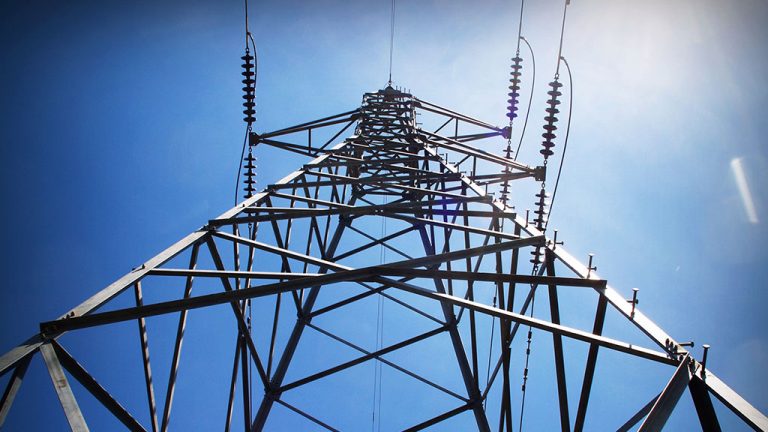
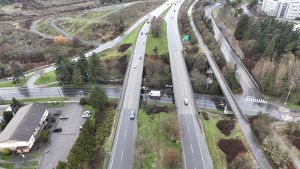

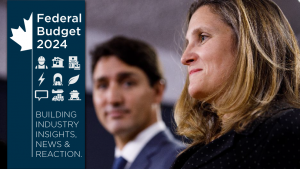

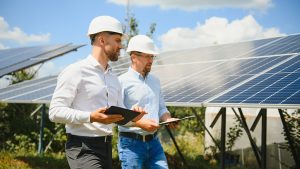

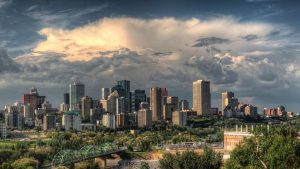
Recent Comments
comments for this post are closed